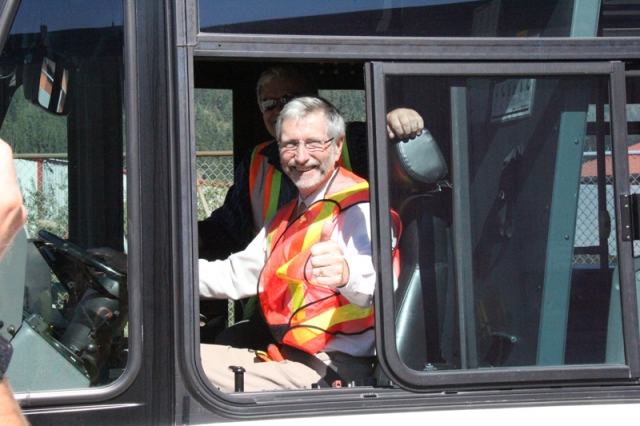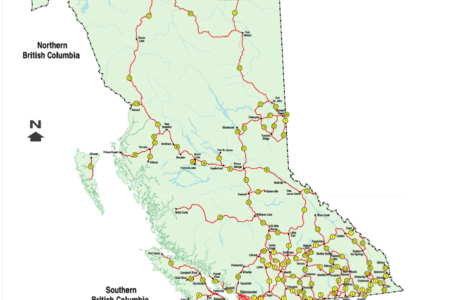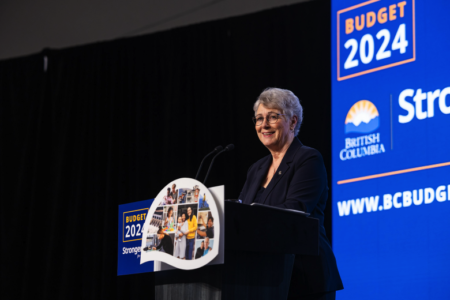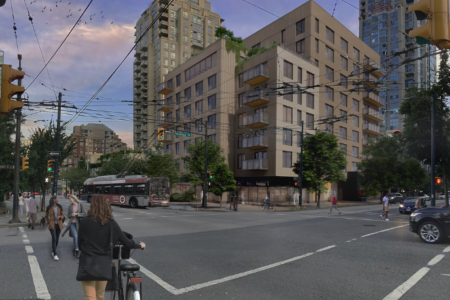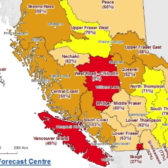Local officials see mainly positives in proposed four-year election terms
A new law is in the works in the Legislature that would see British Columbians vote in municipal elections every four years, instead of the current term of three years – a move that’s generally seen as positive by Nelson area officials, but not without some potential pitfalls.
The new law planned for introduction this year by the Minister of Community, Sport and Cultural Development, Coralee Oakes will be in place for the November 2014 municipal elections and will create four year terms for city municipalities, regional districts, park boards and school trustees.
According to The Globe and Mail, Minister Oakes says the change will allow elected officials more time to consult, plan and achieve community goals, while cutting election costs at the same time.
Longer terms likely good for RDCK
Speaking through is role as Area B director, RDCK Chair John Kettle says the change could be beneficial for the RDCK, particularly when it comes to helping new directors get used to their roles.
“I think there’s a political reality for rural directors, that when you start, you’re through three years and you’re just getting your feet on the ground,” Kettle explains, noting that RDCK directors have no direct support staff and the learning curve for new directors can be steep.
“My office is my truck and a little bitty part of my house. For the most part, I’m mayor and council for 5,000 people. We don’t have any help as rural directors; we’re pretty much on our own.”
He added that longer terms might entice more people to run for RDCK seats and attract some younger people to the job.
“You have to be able to make sure people who are taking time off from their jobs, who are younger than retirement age, have the opportunity to not go in the hole and still have time for their families while doing their jobs,” Kettle said.
While he sees the change as potentially positive for regional districts, Kettle sees some potential challenges for municipalities.
“I don’t think this benefits municipalities at all,” he notes. “They have a hard enough time filling council seats for three years, let alone four.”
Four years better for planning: Dooley
For City of Nelson Mayor, John Dooley the changes make little difference to how local government operates in the Queen City, but he says the four-year term has a slight edge over a three-year term.
“If I were given the choice, I think the four-year term is probably better from a planning perspective and actually getting the wheels in motion,” Dooley says.
“But in our case in Nelson, one of the ways we’ve got around that scenario of the shorter terms is we’ve actually put very good long term planning in place.
“When an election comes up, people who come into city hall at Nelson will find that the core delivery we have in the community is well managed and managed for the long term, not the short term.”
When asked about the potential for less people running for council seats due to the longer, four-year commitment, Dooley said it might be that people who are willing to take on a four-year commitment will be more committed to the job.
But he added that the four year terms could have an impact on councils in smaller communities where jobs can change, requiring people to move, or they have to take a lot of time off work to meet the responsibilities of being a councilor or mayor.
“But it’s like everything else,” he notes. “We’ll adjust.”



